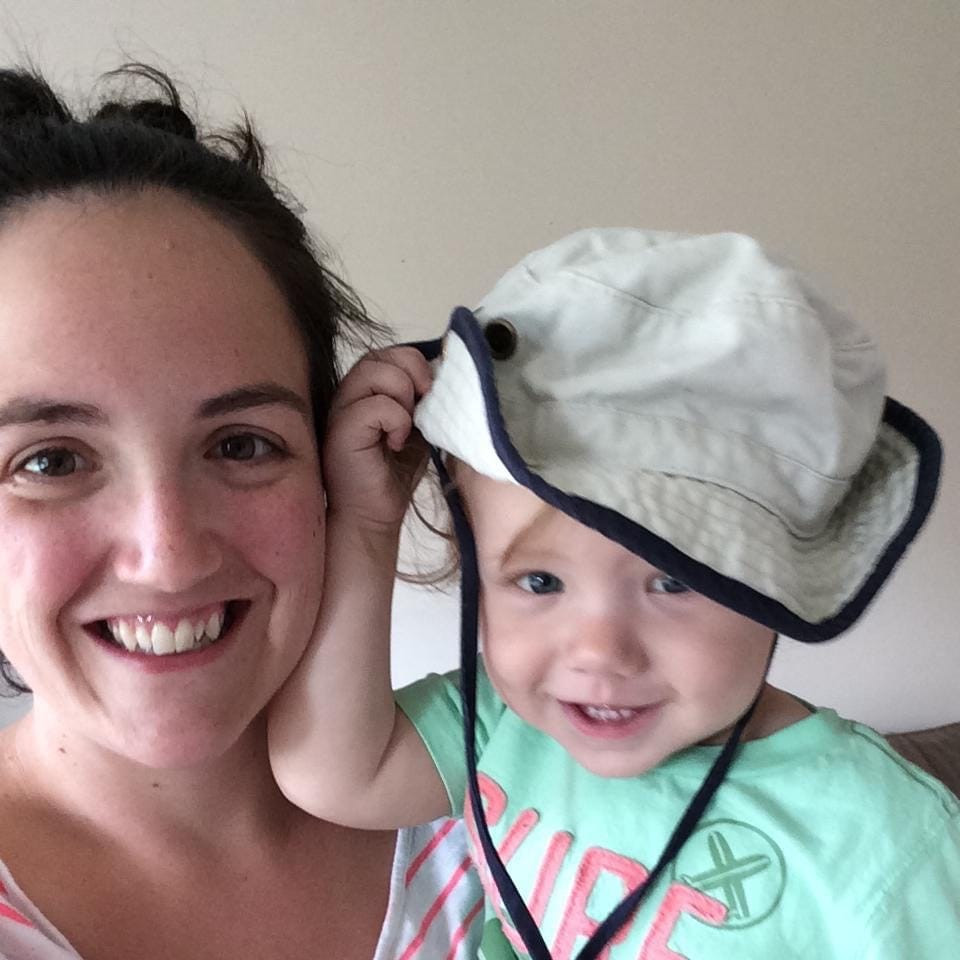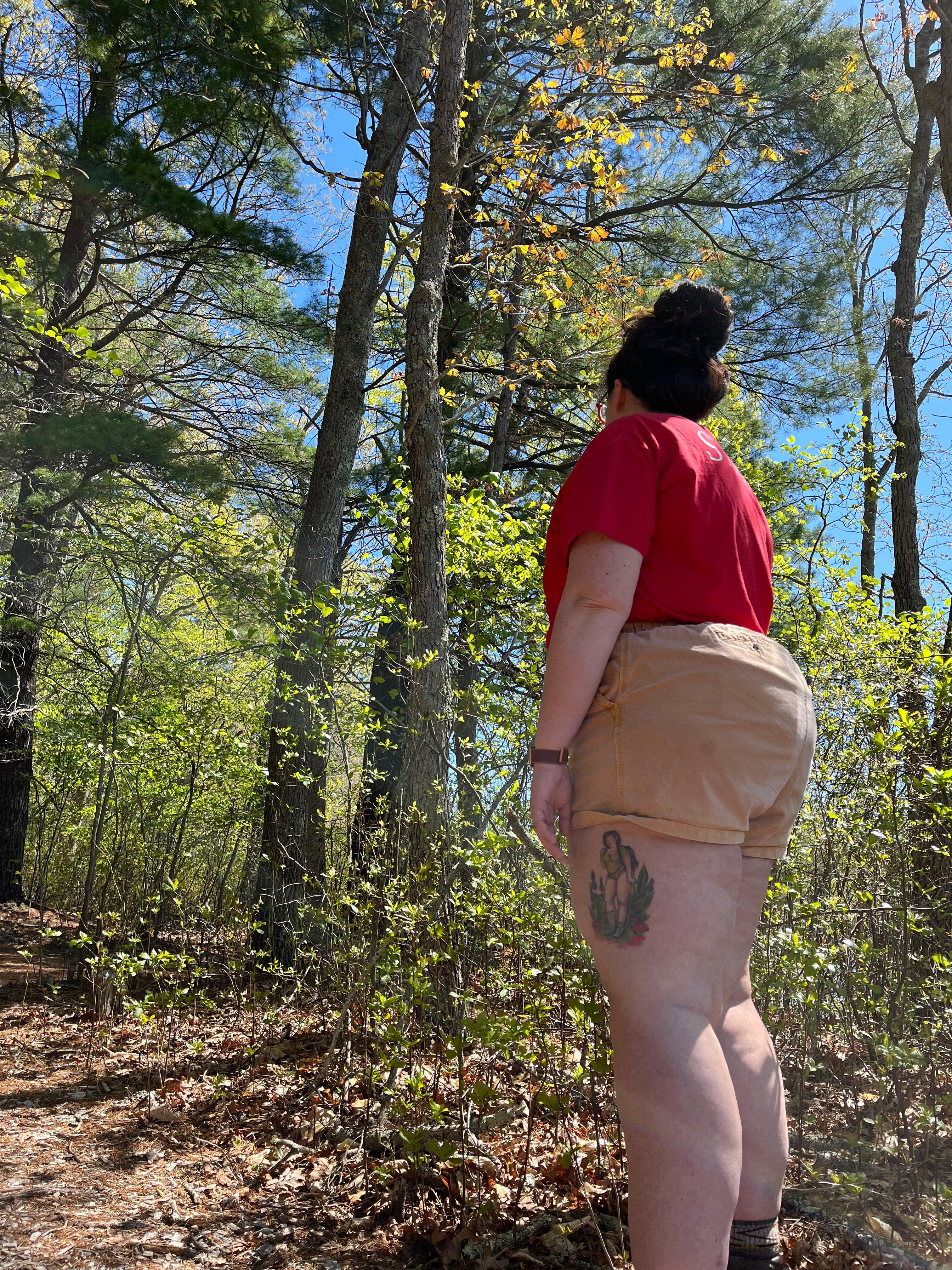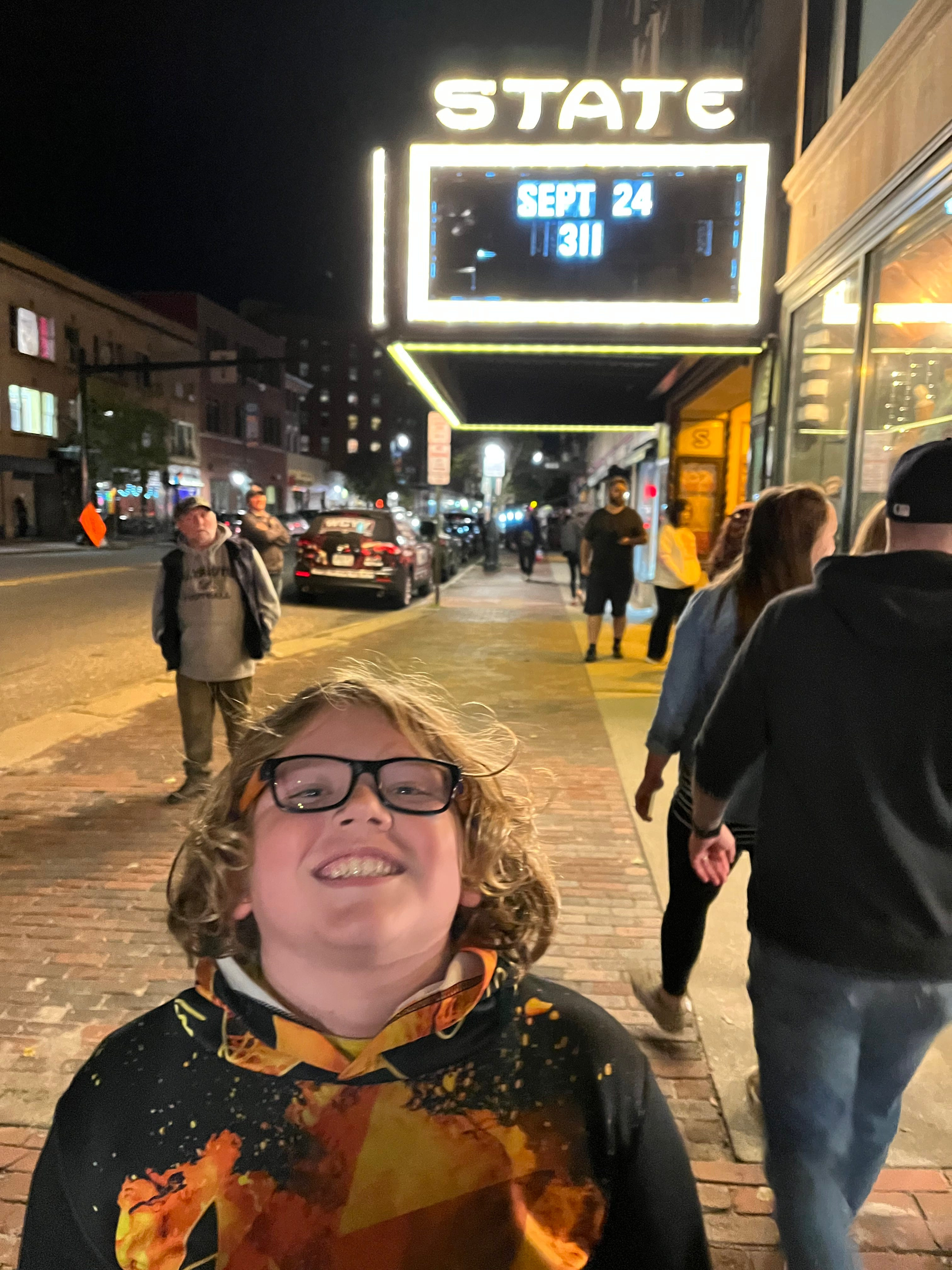You might assume the song that profoundly altered my life is The Cure’s iconic “Lovesong.”
But you’d be mistaken.
For a significant seven-year period, I immersed myself in 311’s rendition of this timeless track, dedicating roughly 13,000 minutes annually to its melodies. That’s an astonishing nine days each year spent with this single song. While streaming payouts are notoriously meager, I might have inadvertently funded a rather luxurious getaway for Nick Hexum through my sheer listening volume.
My son, Giles, arrived into the world with a distinct aversion to sleep, at least for the initial years of his life.
During his infancy, I explored every imaginable solution: soothing balms, specialized sleepwear, ambient white noise, even a crib-mounted plastic aquarium emitting gentle ocean sounds.
Yet, none proved effective.
Then, seemingly out of the blue, I began playing music – the same song repeatedly – while gently rocking Giles to sleep. Surprisingly, music didn’t magically solve everything, but it undeniably made the process easier, a welcome step forward. I experimented with various songs, the selection process lost to the sleep-deprived haze and postpartum fog of that era. However, I distinctly recall discovering 311’s cover of “Lovesong” (stylized by them as “Love Song,” with a space), and it resonated. Night after night, nap after nap, it looped endlessly as he drifted off in my arms.
“Love Song” held another special significance: it was our first dance song at my wedding with Giles’s father. Imagine the heartwarming tale to tell him later – that he was lulled to sleep by our wedding song. However, life took an unexpected turn. We divorced when Giles was just two and a half. Suddenly, my freshly divorced life was soundtracked by the very song that accompanied the first dance of my failed marriage, echoing through a less-than-ideal basement apartment.
[ Devon and her son Giles embracing, capturing a tender moment of motherhood and the close bond between them.]
Devon and her son Giles embracing, capturing a tender moment of motherhood and the close bond between them.]
The stillness of a darkened bedroom, while waiting for a child to succumb to sleep, provides ample space for introspection, often bordering on agonizing self-examination.
Around 2018, this song became the backdrop to countless nights fraught with uncertainty. Would my on-again, off-again partner, a relationship marred by emotional abuse, reach out? Or was he deploying silence as a calculated punishment for my audacity to express a basic emotional need? These periods of silence would inevitably shatter with dramatic pronouncements: “You’re my person, I’ll always love you.”
Following a divorce, a lifetime navigating the world as a fat woman in a society overtly hostile to fat bodies, and the overwhelming transition to single parenthood, my self-esteem plummeted.
His dismissive actions and words were like flushing my worth down the drain.
And yet, I remained, trapped in the belief that this was the treatment I deserved.
While my understanding is admittedly limited to Wikipedia, I believe Robert Smith penned “Lovesong” as an ode to romantic love. This idealized, unconditional, and everlasting form of love is consistently presented in media as the ultimate aspiration. However, as Nick Hexum’s voice filled those sorrowful, anxious nights, a different interpretation began to emerge. Why should anyone endure a partner’s abandonment? Why tolerate apologies for hurtful words? Was this truly a model of healthy love?
The realization was gradual, far longer than it should have been, marked by tentative steps forward and disheartening slides back. Finally, I consciously decided: “no.”
I ended the relationship, definitively.
[ Devon finds solace and strength in nature through hiking, symbolizing her journey of self-reclamation and healing.]
Devon finds solace and strength in nature through hiking, symbolizing her journey of self-reclamation and healing.]
His number was blocked. I sought therapy to dismantle years of ingrained self-hatred and consulted an intuitive eating dietitian to heal from a long-standing eating disorder. Hiking, an activity I loathed in childhood, became a source of empowerment and physical accomplishment, offering the solitude needed for emotional recuperation. My legs, once a source of self-criticism, transformed into instruments of strength, carrying me across countless miles of trails. In a symbolic act of reclaiming my body, I commissioned a tattoo artist to depict a fat woman hiking on my thigh. My acupuncturist, upon seeing it, remarked, “Oh! You put yourself on your leg!” Indeed, I had – a declaration of self-worth.
Crucially, I consciously silenced my negative self-talk. The thoughts still surface, perhaps an unavoidable aspect of the human condition. But now, on better days, I recognize them as fleeting, inconsequential. On challenging days, I might momentarily succumb, but rarely do I voice them aloud as immutable truths.
[ Giles outside the State Theater in Portland, Maine, attending a 311 concert with his mother Devon, father, and stepmother, illustrating a family moment connected to the band.]
Giles outside the State Theater in Portland, Maine, attending a 311 concert with his mother Devon, father, and stepmother, illustrating a family moment connected to the band.]
Around a year ago, Giles began falling asleep independently, without my presence or the constant loop of “Love Song.”
I no longer actively seek out this song; after dedicating 63 days of my life to listening, it feels like sufficient immersion. However, when it resurfaces, I believe I’ll consciously choose to interpret the lyrics through a different lens. Not as a plea to overlook someone’s poor behavior and fixate on professed love, but as a potent reminder: regardless of past self-inflicted negativity, I should always, unequivocally, love myself.
